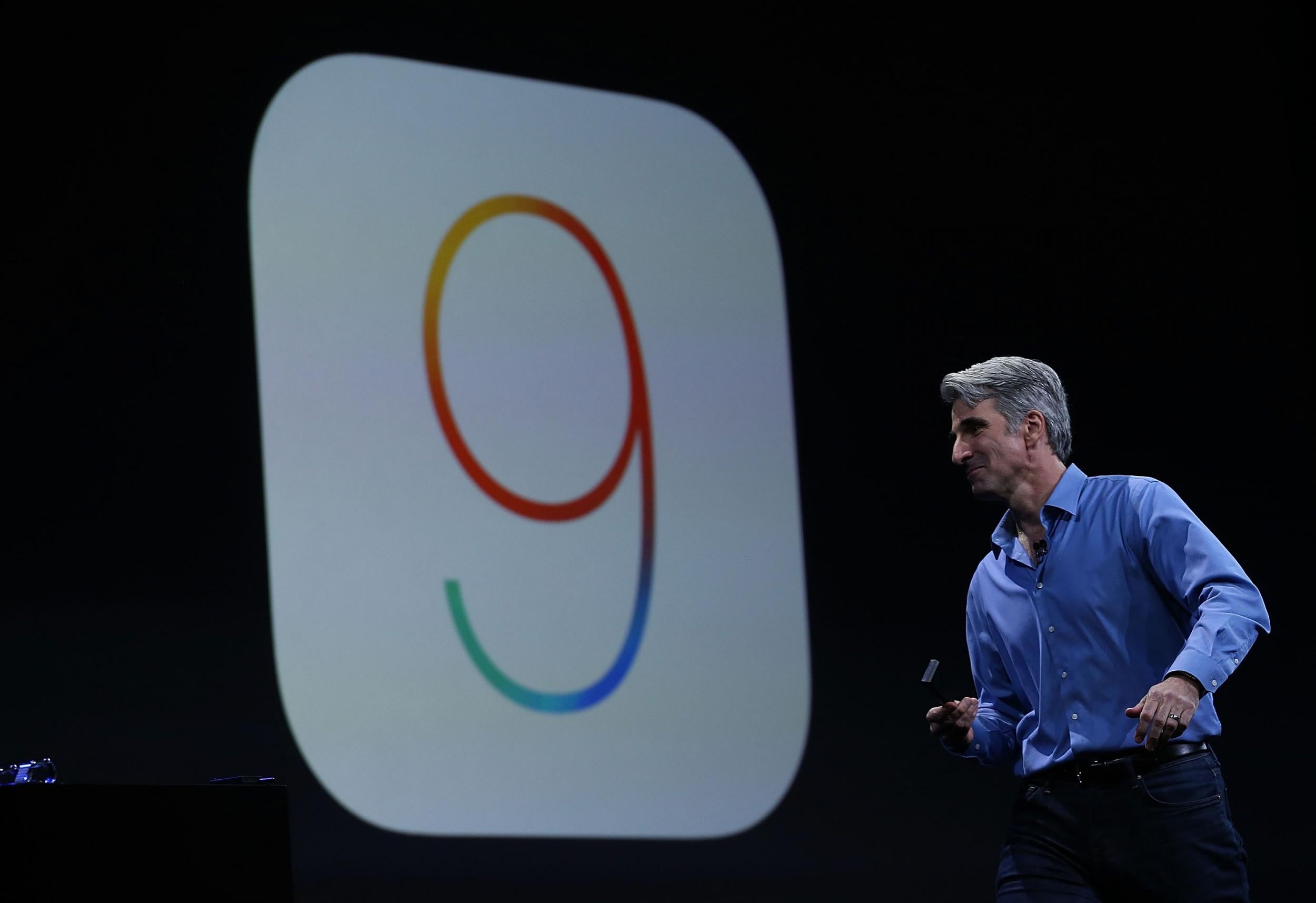iOS 9 Wi-Fi Assist: Apple sued over feature that critics claim is eating up data
The feature is turned on by default and couple claims that they weren’t aware that they were using up data while it was turned on

Apple is being sued for $5 million in a class-action lawsuit over its Wi-Fi Assist feature, which is meant to speed up people’s internet connections.
The tool is supposed to help users out by having the phone automatically switch to the phone’s data connection rather than Wi-Fi if the latter is running slow. But the lawsuit claims that users are being charged for data use without knowing it, since their phones are automatically switching over to cellular data and so using up their allocation.
The lawsuit claims that Apple has “downplayed” the consequences of the feature, and that people have not been sufficiently warned that their phones were using up their data.
The feature is turned on by default, and users are not made aware that it is active by their phones. But Apple has launched a support page for the feature which says that phones will only switch over for less data-intensive tasks, like email, rather than heavy ones like streaming videos.
“Because you'll stay connected to the Internet over cellular when you have a poor Wi-Fi connection, you might use more cellular data,” Apple’s support page says “For most users, this should only be a small percentage higher than previous usage.”
The lawsuit claims that page was created too late for many people. The couple bringing the legal action — William Scott Phillips and Suzanne Schmidt Philips — argue that they had already lost money by going over their allowances.
They are suing Apple for unfair competition, false advertising and negligent misrepresentation under California law.
Wi-Fi Assist can be turned off in the iPhone’s settings. To dos, users can head to the Settings app and then choose Cellular. From there, the feature can be toggled on and off.
Join our commenting forum
Join thought-provoking conversations, follow other Independent readers and see their replies
Comments